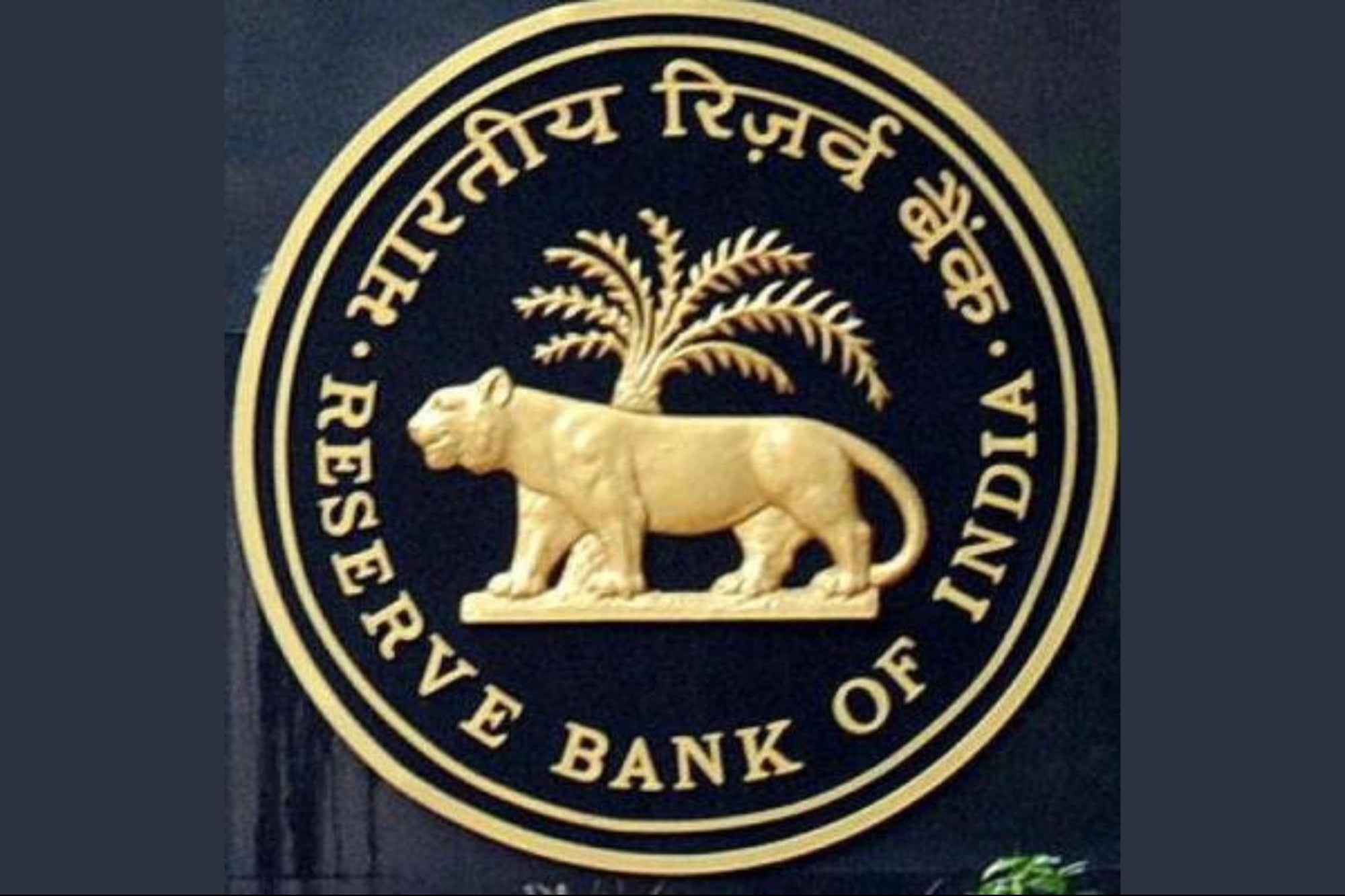RBI Allows Six Entities To Test Fintech Products To Deal With Financial Frauds The RBI said it had received nine applications under the fourth cohort, of which six entities have been selected for the 'test phase'
By Teena Jose
Opinions expressed by Entrepreneur contributors are their own.
You're reading Entrepreneur India, an international franchise of Entrepreneur Media.

As part of the fourth cohort under the RBI's regulatory sandbox scheme, six entities that include HSBC and Creditwatch have been allowed to test their fintech products to prevent and mitigate financial fraud, according to a PTI report. The Reserve Bank reportedly announced the opening of the fourth cohort under the regulatory sandbox in June 2022 for the prevention and mitigation of financial fraud.
To enable regulated and orderly growth of the fintech ecosystem in India, the Reserve Bank in August 2019 became one of the few countries that have their very own regulatory sandbox ecosystem. Within the sandbox, the eligible entities can live test their innovative products or services in a controlled environment. This is collaboration between the regulator, the innovators, the financial service providers and the end users which would ensure that Indian consumers continue to receive the best in class financial services.
The RBI said it had received nine applications under the fourth cohort, of which six entities have been selected for the 'test phase'. The selected six entities are — Bahwan Cybertek, Crediwatch Information Analytics, enStage Software (Wibmo), HSBC in collaboration with Wibmo, napID Cybersec and Trusting Social. The selected entities would commence testing their products in February, as per the report.
As per the RBI, quoted in the report, the first and foremost benefit of the regulatory sandbox is that it fosters 'learning by doing' on all sides. Among other benefits, the regulatory sandbox could lead to better outcomes for consumers through an increased range of products and services, reduced costs and improved access to financial services.
As per earlier reports, the enabling framework for the Regulatory Sandbox (RS) was placed on the RBI website on August 13, 2019. This was followed by the announcement of 'Retail Payments' as the theme of the first cohort. The Enabling Framework was further updated on December 16, 2020, incorporating the learnings during implementation of the first cohort. Further, the second cohort with the theme 'Cross Border Payments' was also opened for application. It was also communicated that the theme for the third cohort shall be 'MSME Lending'.
The target applicants for entry to the regulatory sandbox are fintech companies, including startups, banks, financial institutions, any other company and Limited Liability Partnerships (LLPs) and partnership firms, partnering with or providing support to financial services businesses, noted the report.











